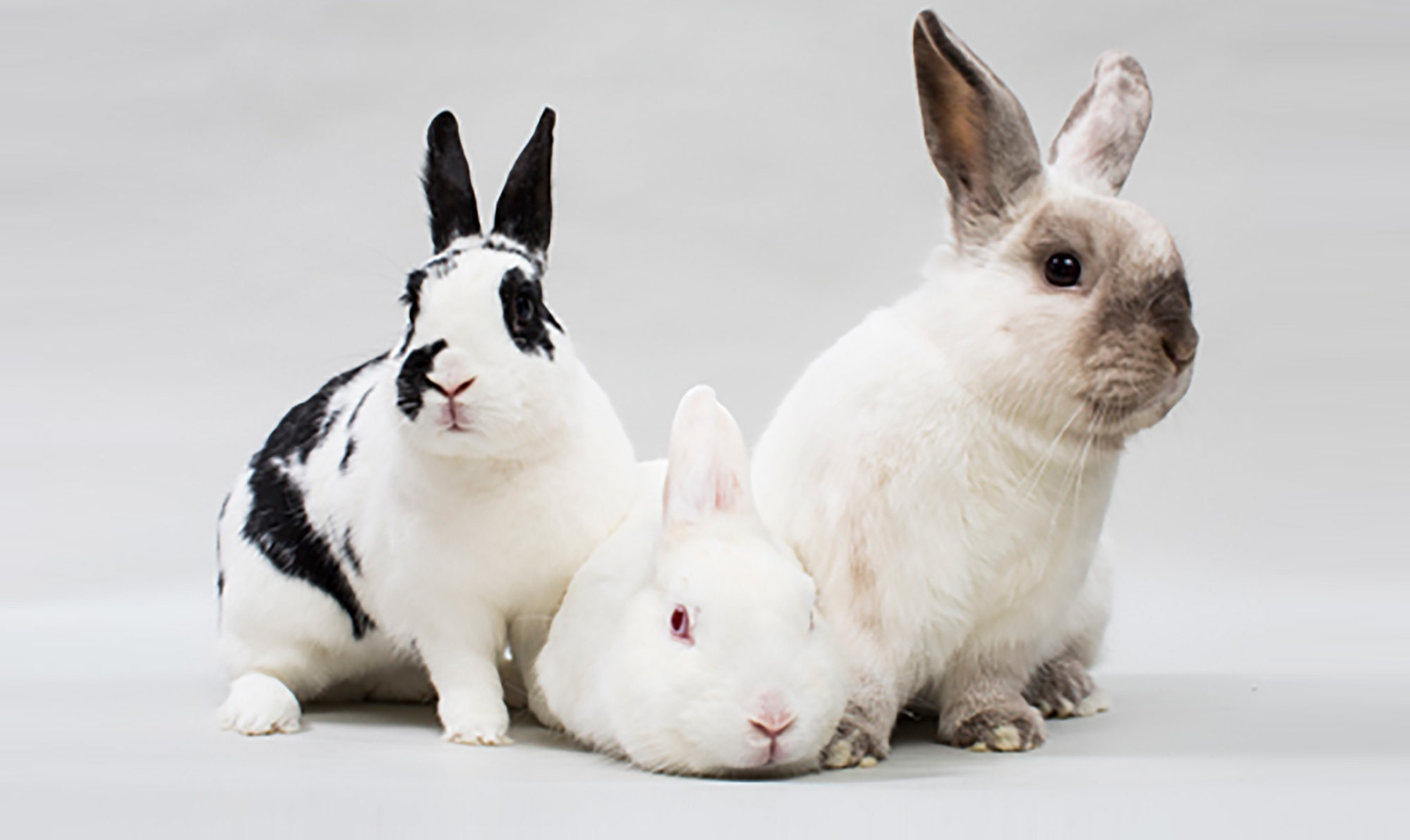Viagra Plus
By M. Eusebio. Cumberland College.
This is to a certain extent justified by the fact that no specification as to the precise field (£ filosof©an ktl cheap 400 mg viagra plus. However, as the causal subclause refers to a healthy balance (eukraton), perittos must be understood in a positive sense. At first sight it seems that 953 a 29–31 speaks about a difference between ‘disease’ (nosema¯ ) and ‘nature’ (phusis), but in fact it says that many melancholics actually get melancholy-related diseases, while others are only very prone to getting these disorders. Nevertheless, as the next sentence shows, both groups belong to the ‘natural melancholics’ (phusei melancholikoi). Sec- ondly, it explains that wine, depending on the quantity consumed, has the ability to provoke very different (pantodapous, 953 a 38) and even contrast- ing states of mind. In 953 b 17 this analogy is applied to the problem of melancholy: both wine and the melancholic nature ‘affect character’, yet the difference is that wine does so only occasionally and for a brief period of time, whereas the melancholic nature does so permanently and persistently (aei). For some people are aggressive, taciturn or sentimental by nature – they are in a state of mind that affects other people only occasionally and for a brief period of time, under the influence of wine. Yet in both cases the cause of this ethopoion¯ remains the same: it is the heat that controls67 the body and causes the development of breath (pneuma) (the connection between heat and breath is made again in 955 a 35). In 954 a 11, the author returns to the notion of the melancholic nature: his remark that black bile is a mixture of heat and cold (954 a 13) ties in with line 953 b 22, but it also allows him to continue his train of thought, as this mixture is said to allow for variation: although black bile is cold by nature (954 a 21;cf. Rather, the typical feature is that he has an excess of black bile by nature, as 954 a 22–3 shows. Against the latter it has to be said that the combination of manikos and euphues¯ (curiously translated ‘gutmutig’¨ by Flashar) is known from Poet. As to the former difficulty, it should be noted that 35–6 does not speak about ‘a further increase’ at all: in fact it deals again with those Aristotle on melancholy 159 to mood changes and desires, and some become more talkative. Those, however, who have reached a ‘mean’ (meson) in the mixture between heat and cold, come closer to reason and are less abnormal. They are the people who have reached outstanding achievements in the arts, culture and politics (954 a 39–b 4). However, and this is very important, it is striking that this conclusion is immediately followed by the remark that this balance of heat and cold is uncertain and unstable (anomalos¯ ). This is followed by inter- esting and rather elaborate observations on euthumia and dusthumia as the effects of excessive heat and cold of the black bile, and on the melancholic’s inclination to commit suicide. Here, too, the analogy with wine is made, and a second analogy, with youth and old age, is added. With regard to the physiological disposition of the melancholic this chapter reveals precisely those details on which the scattered remarks in the Aristotelian writings did not allow us to gain full clarity. It appears that the ‘natural melancholic’ is characterised by an excess of black bile in his body which is constantly and permanently present (954 a 22–3: n Ëperbllh n tä sÛmati; and Klibansky et al. This does not mean, however, that underlying this text is the humoral system of the Hip- pocratic theory of the four humours, for a mixture of humours is nowhere mentioned: wherever the word krasis is used (953 a 30; 954 a 13, 29, 30; 954 b 8, 12, 25, 33; 955 a 14) it refers to a mixture of heat and cold. Both the polloi and the other group suffer from heat (thermotes¯) around the ‘region where thinking takes place’ (noeros topos) (this is what hothen refers to); yet with the polloi it is not nature but illness, whereas with the other group (Sibyls, Bakides and the ‘naturally inspired’) it is nature. That this is the correct interpretation is shown by the sentence Âtan m nosmati gnwntai, for in Flashar’s interpretation this sentence would be a negation of what was confirmed in line 35. Incidentally, the fact that Aristotle refers to black bile as a perittoma¯ in the chapter from the Probl. Therefore Pigeaud’s association of the peritton of the melancholic with the perittoma¯ of black bile is not to the point (1988, 20: ‘L’homme exceptionnel est l’homme du residu par excellence’). The lack of clarity as to whether the defining feature of melancholics is cold (Somn. Lastly, the question whether melancholikos characterises the human phusis or the hu- man ethos¯ receives an answer here, which is: both; for melancholics appear to illustrate how the human character is influenced by the physiological constitution. The text of the Problemata uses the term ethopoios,¯ ‘affecting character’, to describe this influence. The melancholic’s sensitivity to a large number of movements and images, repeatedly discussed in the Parva naturalia and Eudemian Ethics, and the resulting divination in sleep can readily be related to the effects of heat in the melancholic nature as mentioned in 954 a 31–8. The use of the example of the melancholic in the context of lack of self-control and physical lust (Nicomachean Ethics) in the Problemata theory could equally be understood as an expression of a mixture of black bile dominated by heat (954 a 33: kaª eÉk©nhtoi pr¼v toÆv qumoÆv kaª tv piqum©av). However, it cannot be denied that the chapter in the Problemata relates the melancholic nature to a much larger number and variety of mental and physical afflictions (as shown above); in addition, an important question is whether there are elements in this process which cannot be reconciled with Aristotle’s statements (see below). Secondly, it should be noted that the author of the text apparently is very well informed about Aristotle’s statements on melancholy, and even seems to make an effort to take the Aristotelian concept into account 73 Cf. The thoughts that are expressed and sometimes even their literal wording show a number of parallels with Aristotelian writ- ings. Some scholars claim76 that Aristotle only speaks about melancholics in terms of their deviations (con- sidering them pathological or plainly negative), and that in his view a melancholic is ill by nature and needs to be cured. This would be irrecon- cilable with the characterisation of melancholics as ‘extraordinary’ (perittoi) in the respectable fields of philosophy, politics and poetry.
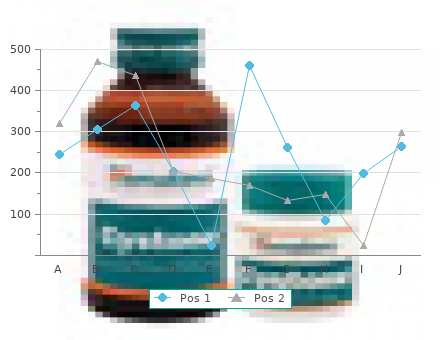
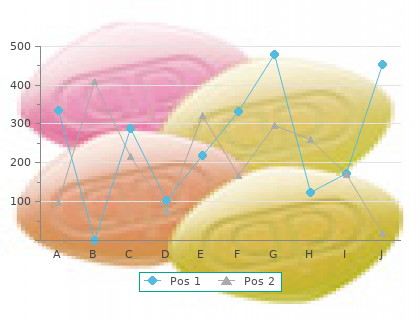
Tobe sure buy viagra plus 400 mg lowest price, in the Physiognomonica intellectual capacities are rarely referred to,101 and the author mainly deals with moral dispositions and characteristics. He refers to stock examples such as drunkenness and illness, and he also uses love, fear, pleasure and pain as examples of how emotional states may influence the condition of the body, thus indicating that there is a reciprocal relationship between body and soul. In particular, it should be asked to what extent these passages present a challenge to the doctrine of the 100 Phgn. Aristotle on the matter of mind 237 changelessness of the soul and the incorporeality of the intellect; for it seems that the variety of psychic performances, including the intellec- tual ones, which the animal kingdom displays makes Aristotle acknowl- edge that there is a material aspect to thinking as well, which he, in the ‘canonical’ theory of nous in De an. Yet there seems to be a consensus among modern interpreters concerning the conclusion of the chapter. The principal question was whether eutuchia is caused by nature or not (1247 a 2), and Aristotle’s answer to this question, briefly summarised in 1248 b 3–7, is as follows. There are two forms of eutuchia, the first of which is both ‘divine’ (theia) and ‘by nature’ ( phusei ),2 and the second of which is caused by ‘chance’ (tuche¯ ); both forms are ‘irrational’ (alogoi), but the first form is ‘continuous’ (suneches¯ ), whereas the latter is not. The first form is the one which Aristotle has been trying to explain from the beginning; the existence of the second form he was compelled to recognise in the course of his argument. It appears that this first form of eutuchia is based on a kind of interaction between a principal divine movement (1248 a 25ff. Thus the explanation of eutuchia involves a rather specific conjunction of two factors, nature (phusis) and God (ho theos), which at an earlier stage of the argument (1247 a 23–31) – and also in the first chapter of the Eudemian Ethics (1214 a 16–24) – were distinguished among others as two different possible causes of eutuchia. On ‘chance’ (tÅch) as the cause of the second form see Dirlmeier (1962a) 492; Gigon (1969) 211. Aristotle suggests as a possible explanation of eutuchia that it is caused not by nature (phusis) but by a god or demon: or because they [i. That it is a genuine problem is further shown by the fact that the same objection as that raised in 1247 a 28–9 concerning the distribution of the phenomenon ascribed to divine dispen- sation (and which I shall henceforth refer to as the ‘distribution argument’) is found in two other Aristotelian writings which are closely parallel to Eth. And if we attribute such a thing to God, we shall make him a poor judge, or at least not a just one; and that is not befitting for God. For it would happen during the daytime and in intelligent people, if it were a god who sent it. I am aware that the authorship of the Magna moralia still is, and probably always will be, a matter of dispute, but the arguments in favour of an Aristotelian origin of much of the philosophical contents, at least, are so strong that I have thought it desirable to include Mag. At first sight there seems to be a discrepancy between, on the one hand, the conclusion of Eth. On any interpretation it is clear that developmental arguments, such as those used 17 See also the discussion in ch. Effe (1970, 84–5), argues that the sentence 1248 a 39–40 is a parenthesis: ‘Die Traume¨ der Melancholiker werden jedoch nicht in dem Sinn verglichen, daß auch sie auf Gott zuruckgefuhrt¨ ¨ werden, sondern nur insofern, als sie – wie die irrationale Mantik – ohne Verwendung des rationalen Elements das Richtige treffen. It is not correct, therefore, to speak of a comparison: the melancholics are an example. Moreover, given that the clear dreams of the melancholics are mentioned in this particular context, what other cause is there to account for them than God? See Woods (1982) 183: ‘The power of prophecy is relevant because of the close connection between the right choice and foreknowledge of the future. Out of all these interpreters, Effe is the only one who tries to account for the discrepancy on the strength of non-developmental arguments. Effe does not make it clear why this argument is no impediment to Aristotle’s conclusion of a qe©a eÉtuc©a in Eth. Aristotle on divine movement and human nature 243 by Dirlmeier,20 are insufficient to account for this discrepancy, for the problem can be regarded as a problem of consistency both within Eth. It is therefore necessary to study the part played by the distribution argument in both contexts. Aristotle’s assertion that it is ‘paradoxical’ (atopon) that a god should send gifts to foolish people and not to the best and the wisest, may be understood in the light of a passage in Eth. There it is argued that if there is such a thing as a divine concern (theia epimeleia) with human affairs, this will be directed to those people who cultivate intelligence (nous), the thing in which they are most akin to the gods and in which the gods take pleasure. These people are the wise (sophoi), who act rightly and nobly, and therefore they are the most beloved by the gods. Although it is by no means certain that Aristotle himself accepted the existence of such a ‘divine concern’,21 it is clear in his view that if there is such a thing it will be concerned with the best and wisest, for they are most beloved by the gods just because they cultivate their intelligence. Thus the degree to which a person is ‘loved by the gods’ (theophiles¯ ) depends on the extent to which someone actualises ‘excellence’ (arete¯, both intellectual and 20 From Dirlmeier’s remarks in his commentary (1962a) it can be concluded that he has not noticed the problem. At 1247 a 28–9 he refers to On Divination in Sleep: ‘Gegen eine von Gott verursachte Traummantik erhebt Ar. On 1248 a 15 he remarks: ‘er hat bezuglich der Gottgesandtheit der Traume seine Ansicht¨ ¨ (man darf wohl sagen: spater) modifiziert’ (p. Just as the fact that ‘happiness’ (eudaimonia) is found with the ‘wise’ (the sophoi), who are ‘most beloved by the gods’ (theophilestatoi), supports the idea that it is granted by the gods, likewise the fact that eutuchia occurs with people who are not ‘wise’ and do not possess excellence furnishes an argument against the idea that eutuchia is given by the gods. The first part of the solution to this problem is in that the ‘movement’ of God in the fortunate men (the eÉtuce±v who succeed without reasoning, logoi Àntev katorqoÓsi), as described in 1248 a 25ff.
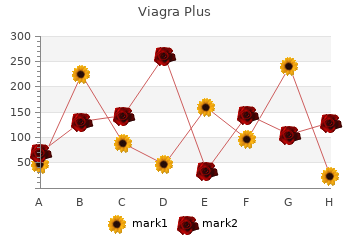
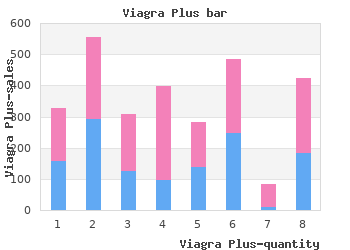
For a more extensive discussion of this passage see van der Eijk (1994) 271–80 [and ch viagra plus 400mg overnight delivery. Aristotle on melancholy 155 difficult to assess his dependence on sources in general and his attitude towards the Hippocratic writings in particular. For this reason, and in view of our limited knowledge of fourth-century medicine in general, it is virtu- ally impossible to say anything with certainty on the sources of Aristotle’s concept of melancholy. At any rate, there is no indication that Aristotle made a connection between the ‘constitutional type’ of the melancholic, well-known from the early writings of the Hippocratic Corpus, and the later, similarly Hippocratic embedding of black bile in the theory of the four humours of On the Nature of Man (which, after all, does not mention the melancholic type). In fact, the notion of melancholy as an abnormal predisposition and a disease, and the fact that black bile is considered a perittoma¯ , makes any possible Hippocratic influence rather unlikely. The concept of the melancholic, with the associated psycho-physical and ethi- cal characteristics seems to be a predominantly independent and genuine invention of Aristotelian philosophy. In view of the extensive scholarly literature on this chapter60 I will, rather than giving a summary, start with some interpretative observations that I consider of paramount importance for assessing the Aristotelian character of the theory. First of all, it should be said that I certainly do not intend to reinstate Aristotle as the author of this text: as far as the issue of the authorship of the Problemata is concerned I concur entirely with Hellmut Flashar’s view (1962, 303–16) that the Problemata are most probably not the same as the Problemata that Aristotle wrote (or planned to write). With regard to the opening question, ‘Why is it that all men who have made extraordinary achievements in the fields of philosophy or politics or poetry or the arts turn out to be melancholics? However, there are still numerous passages in this text that have not been fully explained in the existing interpretations. The subsequent discussion of the heroes Heracles, Aias and Bellerophontes and the poets and philosophers Empedocles, Socrates and Plato shows that the presupposition implied in the question is apparently based on a rather specific notion of melancholy. Epilepsy, bouts of ecstasy, prophetic powers, but also depressions, extreme fear of people, and suicidal inclinations are all attributed to the same disease. Apparently, this aim lies first of all in the explanation that this attribution actually has a physiological justification, that is, that the very different, at times even contrasting characteristics of the melancholic are all based on one coherent physiological condition; secondly, the author intends to explain the in itself paradoxical connection between melancholy as a disease (953 a 13, 15: arrosthema¯ ¯ ; 16: nosos; 18: helke¯; 29: nosemata¯ ; 31: pathe¯) and the extraordinary political, philosophical and poetic achievements (ta peritta) by means of this physiological basis. This second aim has correctly been understood as readopting the Platonic theory of mania. Answering the opening question of the chapter is in fact only attempted in the context of the second aim; the largest part of the text is devoted to answering the other question of why the ways in which melancholy manifests itself differ so much. The opening question is referred to on just two occasions: in 954 a 39–b 4 and, very briefly, in 954 b 27–8. This division is also followed in the structure of the final summary of the chapter (955 a 29ff. Boyance(´ 1936, 191) presumes that a certain divine influence is implied in the role of the pneuma, yet there is no indication of this in the text of the chapter (on the role of the pneuma see n. Aristotle on melancholy 157 between melancholy and extraordinary achievement (36ff. The basis for achieving both aims lies in the fact that the author distin- guishes between disease (nosos, nosema, arrosthema¯ ¯ ¯ ) and natural disposition (phusis); in this respect it is striking that the ‘natural melancholics’ are also affected by ‘melancholic diseases’ and that they apparently are more prone to this than other people (953 a 12–15 and 29–31). To explain its effects, the au- thor employs the analogy between the melancholic nature and wine (this analogy returns in statements made by Aristotle). Muri (¨ 1953, 25) only implicitly alludes to it when he states ‘indem die Disposition da, wo es not tut (z. The text says:¨ ¨ peª d’ sti kaª eÎkraton e²nai tn nwmal©an kaª kaläv pwv cein, kaª Âpou de± qermotran e²nai tn diqesin kaª plin yucrn, £ toÉnant©on di t¼ Ëperboln cein, perittoª mn e«si pntev o¬ melagcoliko©, oÉ di n»son, ll di fÅsin. As the author presents this sentence as a summary of something previously discussed, the question arises what kaª Âpou de± refers to, for in this sentence the eukrasia that underlies the melancholic’s peritton does not seem to be referring to a balance of heat and cold (as in 954 b 1), but to a certain ability to adapt this balance to the conditions required by each individual situation (hopou dei). Significant in this context are the differences between the translations of Klibansky et al. Another difficulty here is the interpretation of di tn Ëperboln cein: what would this ‘surfeit’ precisely be? This contradiction could only be solved by understanding perittos here in the final sentence as a neutral notion and therefore synonymous with ektopos (‘eccentric’). This is to a certain extent justified by the fact that no specification as to the precise field (£ filosof©an ktl. However, as the causal subclause refers to a healthy balance (eukraton), perittos must be understood in a positive sense. At first sight it seems that 953 a 29–31 speaks about a difference between ‘disease’ (nosema¯ ) and ‘nature’ (phusis), but in fact it says that many melancholics actually get melancholy-related diseases, while others are only very prone to getting these disorders. Nevertheless, as the next sentence shows, both groups belong to the ‘natural melancholics’ (phusei melancholikoi). Sec- ondly, it explains that wine, depending on the quantity consumed, has the ability to provoke very different (pantodapous, 953 a 38) and even contrast- ing states of mind. In 953 b 17 this analogy is applied to the problem of melancholy: both wine and the melancholic nature ‘affect character’, yet the difference is that wine does so only occasionally and for a brief period of time, whereas the melancholic nature does so permanently and persistently (aei). For some people are aggressive, taciturn or sentimental by nature – they are in a state of mind that affects other people only occasionally and for a brief period of time, under the influence of wine. Yet in both cases the cause of this ethopoion¯ remains the same: it is the heat that controls67 the body and causes the development of breath (pneuma) (the connection between heat and breath is made again in 955 a 35). In 954 a 11, the author returns to the notion of the melancholic nature: his remark that black bile is a mixture of heat and cold (954 a 13) ties in with line 953 b 22, but it also allows him to continue his train of thought, as this mixture is said to allow for variation: although black bile is cold by nature (954 a 21;cf.
8 of 10 - Review by M. Eusebio
Votes: 175 votes
Total customer reviews: 175

